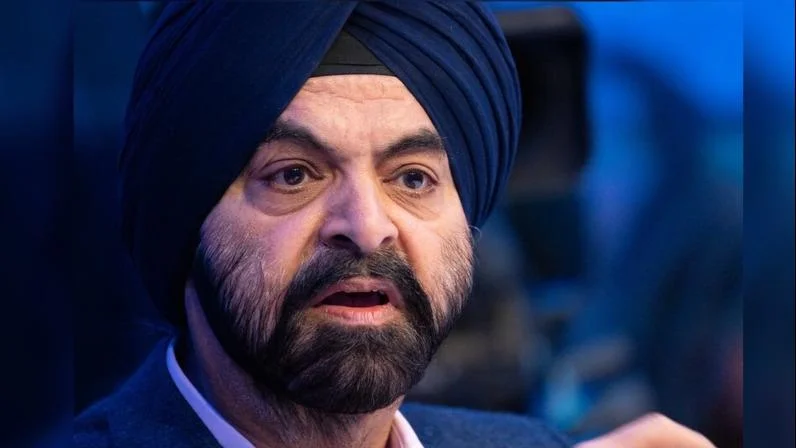The World Bank's Board of Executive Directors has approved $194 million for two projects aimed at improving education and water security in Balochistan, Pakistan. The funding will support the GRADES-Balochistan project and the Balochistan Water Security and Productivity Improvement Project (BWSPIP).
Najy Benhassine, World Bank Country Director for Pakistan, explained that these projects aim to reduce learning poverty and address water security challenges in the province. He stated, "The World Bank remains committed to supporting Balochistan through strategic investments in infrastructure and human development."
The GRADES-Balochistan project will receive $100 million to benefit 250,000 students by increasing enrollment and improving literacy and numeracy skills. It focuses on early childhood and primary education through various interventions such as enhancing school readiness, increasing school capacity with double shifts, providing safe transportation, constructing climate-resilient classrooms, and implementing teacher development programs. Scholarships will also be provided to 400 female students for teacher pre-service education.
Inga Afanasieva, Team Leader for the project, highlighted its importance by saying it addresses critical gaps in access to quality education while increasing resilience to disasters. She emphasized the World Bank's commitment to a safer future for Balochistan's children.
The BWSPIP will receive $94 million to improve water services in Quetta and aid smallholder farmers in the Nari, Talli, and Lehri river basins of the Kachi Plain. This project is expected to benefit 500,000 people with improved water supply services. Key elements include flood protection enhancements and increased access to irrigation water.
Carolina Dominguez Torres, Task Team Leader for the BWSPIP project, noted that it supports Pakistan's Resilient Recovery Framework by providing significant benefits for farming communities as well as empowering women in community-level water management.
Both projects align with key outcome targets under Pakistan’s 10-year Country Partnership Framework by aiming to reduce learning poverty through educational improvements and child stunting through better access to safe water.

